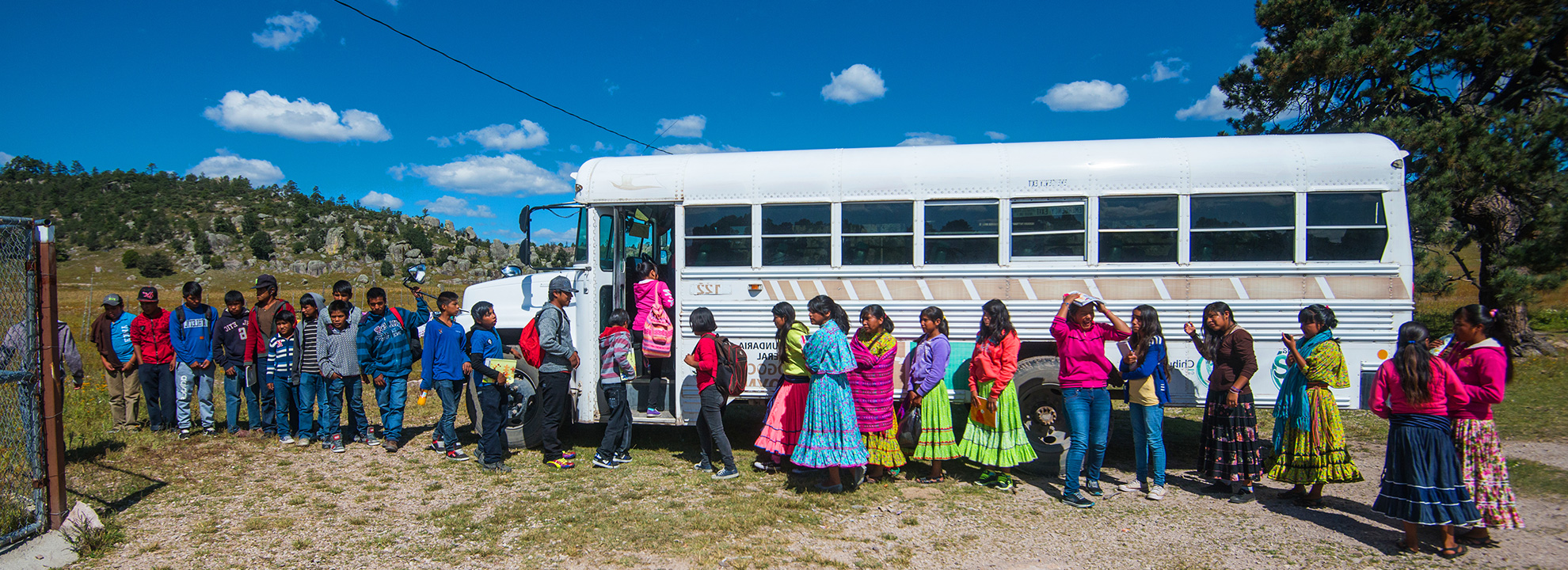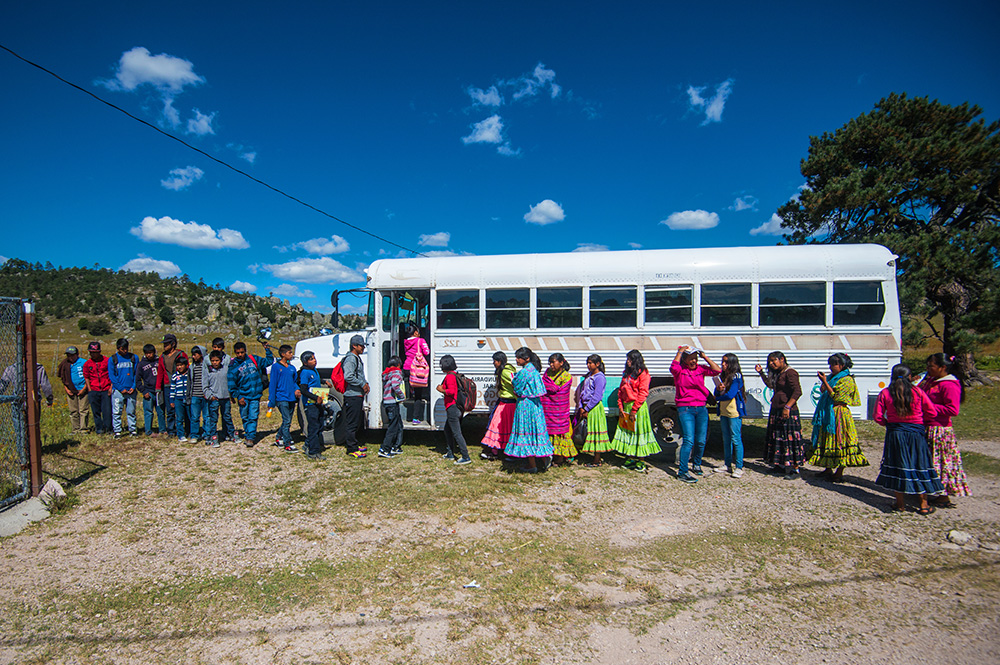


We recognise that educational inequality is one of the most critical challenges of our time, which is why we created the Justice by Education Foundation.
The foundation's origins trace back to 2020 when Maikel Waterdrinker was teaching at a university in Puebla, Mexico. During visits to disadvantaged areas, he noticed a strong desire among locals to learn and practice English. Given that the neighborhoods were difficult to reach, and traveling for educational purposes was not a priority, he conceived the idea of EduCar, a mobile classroom designed to reach communities and provide English education to those who need it the most. Ideas only become reality with the establishment of a foundation. So therefore lawyers Pauline Ogier and Miriam Pazos joined the board. With their experience in non-profit organizations and expertise in project management, financial oversight, and advocacy, they bring complementary skills to lead the foundation and promote justice by education.


Justice by Education believes that quality education is one of the most powerful and effective tools for sustainable development. Its dream is a world in which every child can develop and grow into an adult who acts as an agent that influences his/her own future. Furthermore, to become an adult with the ability and resources to give his/her children the same opportunities.
The Sustainable Development Goals (SDGs), also known as the Global Goals, were adopted by the United Nations in 2015 as a universal call to action to end poverty, protect the planet, and ensure that by 2030 all people enjoy peace and prosperity. It comprises 17 SDGs that are indivisible and encompass economic, social, and environmental sustainability. Sustainable Development Goal 4 (SDG 4) is the education goal. It aims to “ensure inclusive and equitable quality education and promote lifelong learning opportunities for all.” Education unfastens the intellect, unleashes the imagination and is fundamental to self-esteem. It is the key to prosperity and opens up a world of opportunities, enabling each of us to contribute to a progressive and healthy society.Justice by Education focuses on 5 themes:
Equal access to education